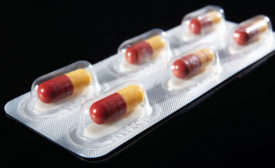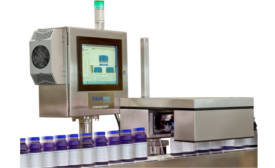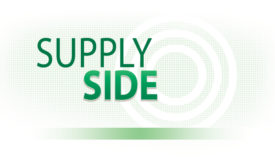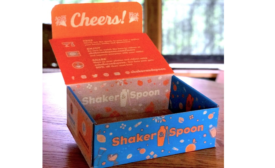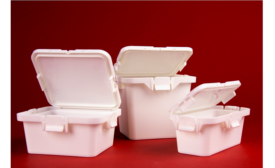Pharma/Medical Packaging
Spotlight Feature
Active Packaging in Pharma: Simple Solutions to Complex Challenges
February Cover Story: Part 2 of 2
February 13, 2019
Keep the info flowing with our eNewsletters!
Get the latest industry updates tailored your way.
JOIN TODAY!Copyright ©2025. All Rights Reserved BNP Media.
Design, CMS, Hosting & Web Development :: ePublishing

